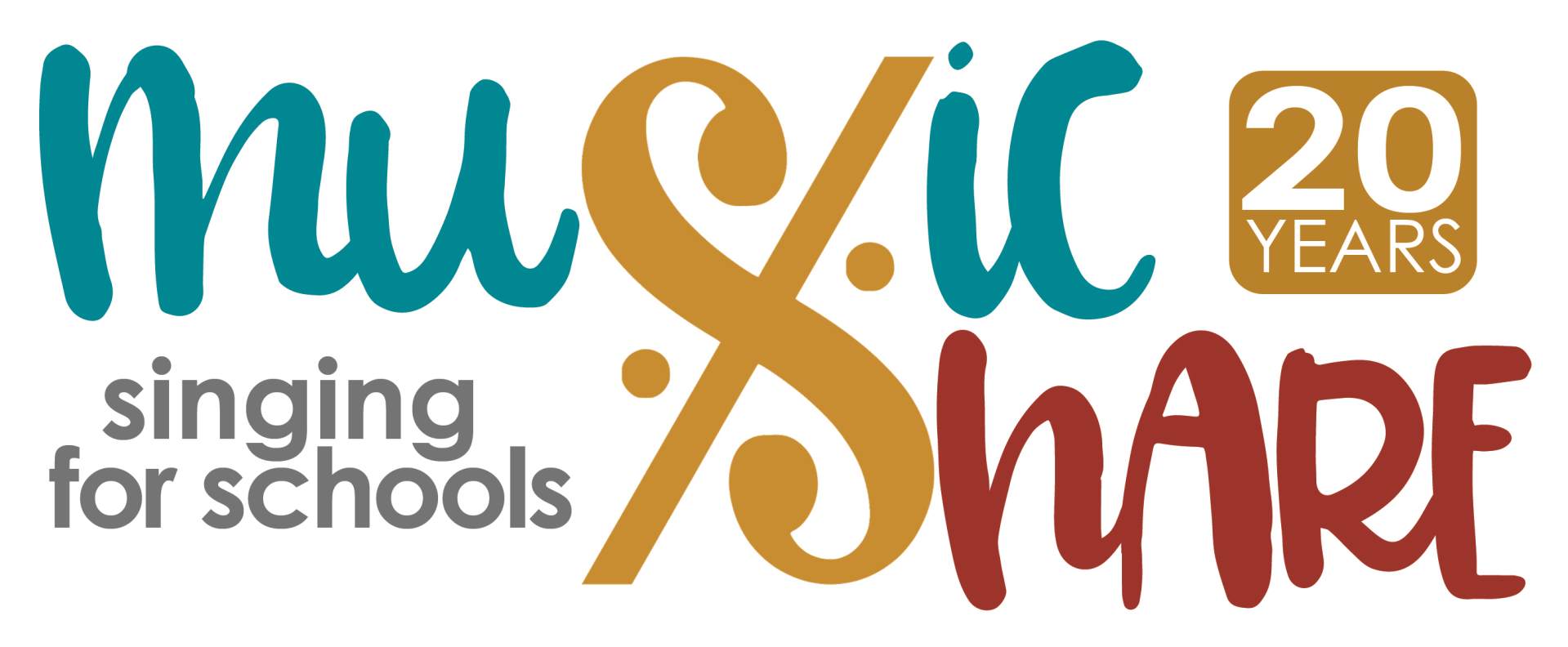Together we achieve more: The importance of teamwork
 Alone we can do so little; together we can do so much.
Alone we can do so little; together we can do so much.
Helen Keller
Teamwork lies at the heart of every thriving school community. From the classroom to the sports field, from choir rehearsals to collaborative projects, the ability to work together allows pupils and staff to achieve goals that would be impossible individually. Beyond simple cooperation, teamwork cultivates essential life skills: communication, negotiation, empathy, and resilience. These are not only foundational for academic success but also critical for personal development and we see them happening here at LCS every day.
Educational research underscores the power of collaborative learning. Studies from the Education Endowment Foundation indicate that well-structured group work can boost attainment by as much as five months. Pupils working in teams learn to articulate their ideas clearly, consider alternative perspectives, and develop problem-solving strategies collaboratively. Cooperative learning has also been shown to increase motivation and engagement, both of which are essential for effective learning.
At our school, teamwork is woven into both curriculum and culture. In classrooms, pupils collaborate on inquiry-based projects, peer assessments, and group presentations, learning that every voice matters. On the sports field, children experience firsthand how collective effort, trust, and mutual encouragement translate into success. In creative contexts such as music and drama, students discover the joy of harmonising skills and ideas to create something greater than the sum of its parts. Many of you will have seen this in action at the school show at the end of last term.
Teamwork also fosters social and emotional growth. Research from the Collaborative for Academic, Social, and Emotional Learning (CASEL) shows that students who regularly practice cooperation demonstrate higher levels of empathy, conflict resolution, and emotional regulation. These competencies help pupils navigate both school life and the wider world, promoting a sense of belonging and shared responsibility.
Families play a vital role in modelling teamwork at home. Encouraging children to participate in group activities, family projects, or community volunteering reinforces the value of collaboration. Likewise, staff exemplify teamwork in professional development, joint lesson planning, and pastoral care, creating a culture where cooperation is seen and celebrated.
Ultimately, teamwork is more than a skill; it is a mindset and a way of living. It teaches that success is often collective, that challenges are best met together, and that listening and supporting others enriches our own experiences. By nurturing teamwork, we invest in a future of young people who who contribute positively to community life and understand that working ‘with’ people is so much more important than working ‘against’ them.
Inservi Deo et Laetare














